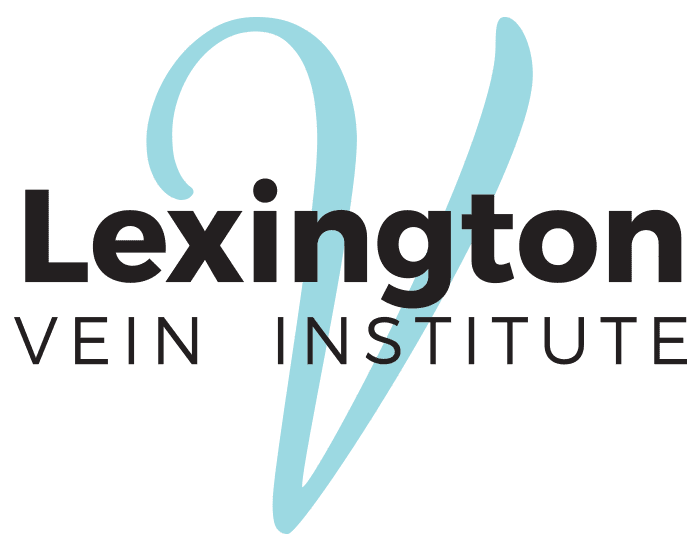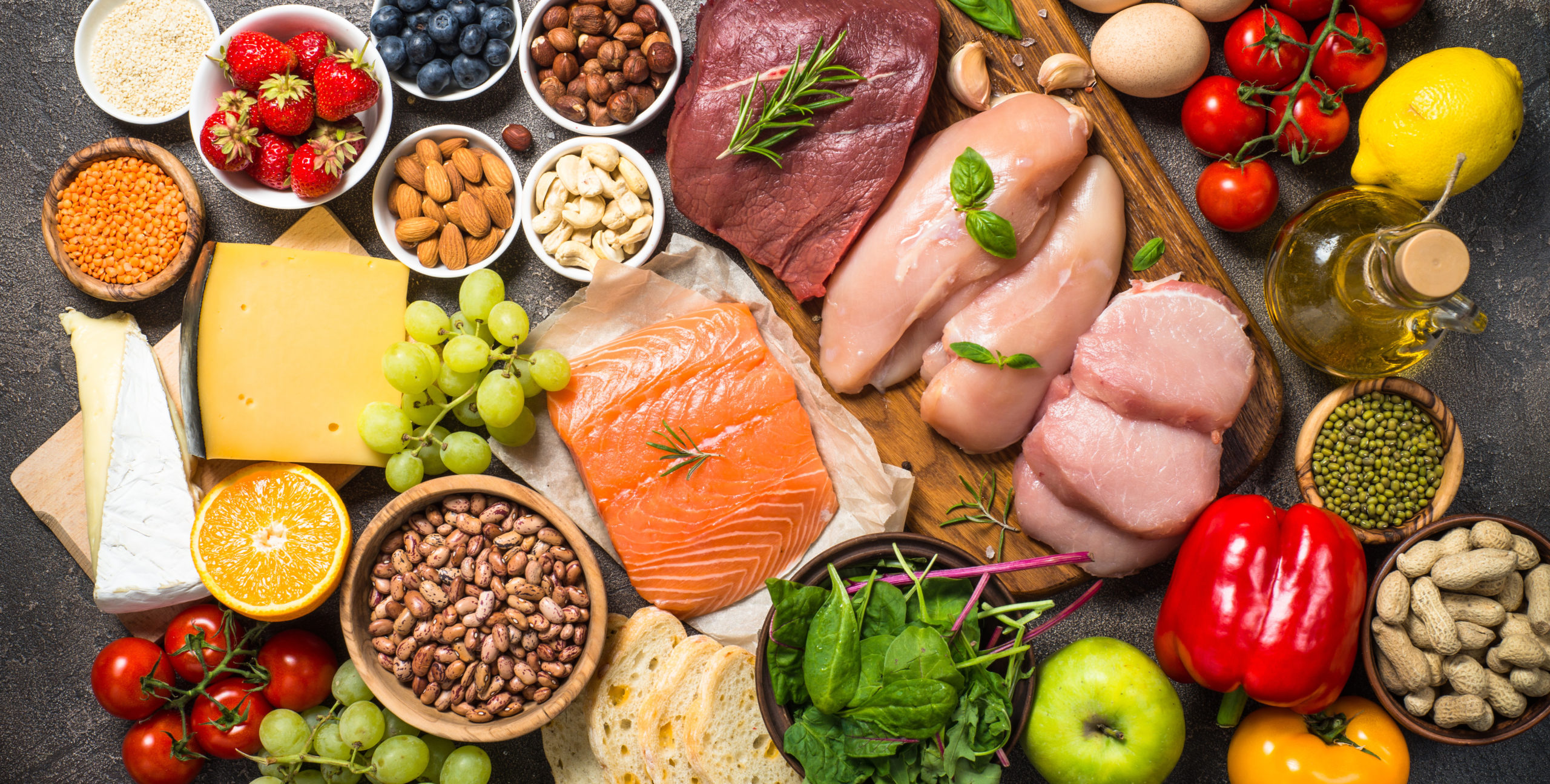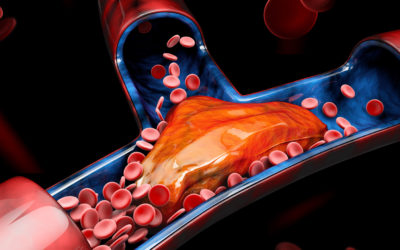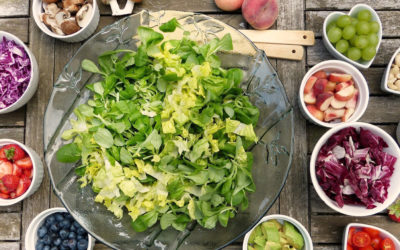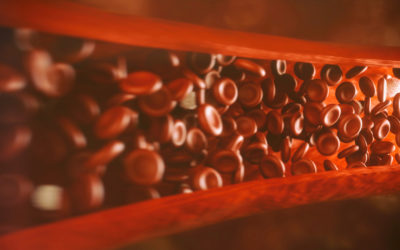Were you recently diagnosed with varicose veins? Are you wondering what you can do to improve your situation?
For better or worse, what we eat affects our overall health. Good nutrition is a vital component for any plan to improve vein health.
In this article, we’ll explore the basics of vein disease and how a proper diet can improve your prognosis.
Vein Disease
As part of the circulatory system, healthy arteries and veins work together to pump blood throughout your body. When this system is over-stressed and things don’t flow smoothly, vein disease can occur.
Signs of vein disease can include:
- Spider veins
- Varicose veins
- Itching or burning calves
- Leg wounds that don’t heal
- Swollen ankles or legs
- Difficulty standing for long periods of time
Vein disease doesn’t currently have a cure and tends to be progressive over time. Left untreated, poor blood circulation can lead to other negative health consequences.
Small diet changes can have big results. Drink water to help keep your circulatory system in check. Pile your plate high with green veggies for all the anti-inflammatory benefits.
Blood Clots
Blood clots can form for a multitude of reasons, but vein disease increases your risk factors. Both Superficial Thrombophlebitis and Deep Vein Thrombosis can be dangerous to your health. If you notice any of the following symptoms, be sure to contact your primary care physician or local Emergency Room immediately.
Symptoms include:
- Pain
- Swelling
- Tenderness
- Skin redness/heat
- Faintness
- Increased Heart Rate
- Unexplained Fever
- Calf or Foot Pain
Certain foods are known to be natural blood thinners and can help to lower your risk of blood clots. Consider adding a few of the following to your regular diet:
- Turmeric
- Ginger
- Cayenne
- Vitamin E
- Garlic
- Cinnamon
Venous Ulcers
Venous ulcers are wounds on the skin, usually located near varicose veins, that don’t heal as they should. The poor circulation in these areas of the body makes it more difficult for wounds to heal. What can you do to improve circulation?
Consider a diet change. High phenol foods such as pomegranates and berries are strong vasodilators which mean improved circulation for you. Citrus fruits contain a healthy dose of antioxidants which are known to improve blood pressure and artery stiffness, resulting in better blood flow.
Risk Factors for Developing Vein Disease
Vein disease is a common ailment among both men and women. However, women experience this diagnosis about twice as often as men. Other risk factors include:
- Being Overweight
- Over 50-years-old
- Family History of the Disease
- Pregnancy
- Inactive Lifestyle
- Sitting or Standing for Long Periods of time
Contact Us for Improved Vein Health
If you or someone you love has been diagnosed with vein disease, now is not the time to despair. Take a proactive stance, and give us a call at Lexington Vein Institute for better vein health.
We are committed to helping you get to the root cause of your vascular issues, so they don’t become a recurrent problem. Working together, we can help you reach your optimal health goals.
